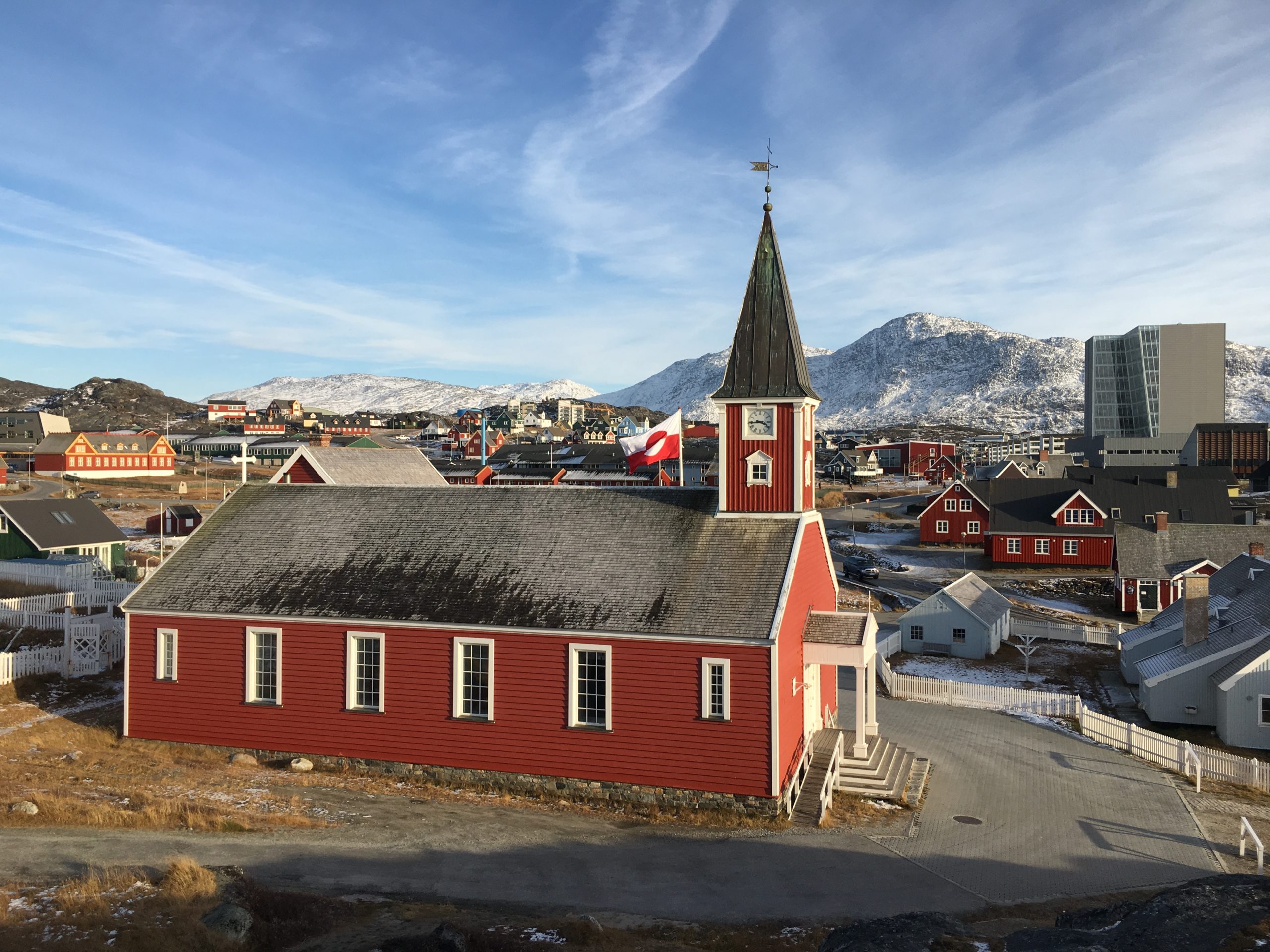Greenlandic and Faroese church services could run afoul of Danish efforts halt radical Islam
Law requiring sermons to be translated to Danish are also likely to apply to official languages Greenlandic and Faroese.

Clergy and lawmakers representing linguistic minorities in Denmark are warning that a bill currently making its way through the legislature aimed at preventing Islamic radicalization would have the unintended consequence of requiring all foreign-language sermons — including those in Faroese and Greenlandic — to be translated to Danish.
The Danish government has previously called for all religious services in Denmark to be held in Danish as a way to stem the development of parallel societies and Islamic radicalization. Although it has said it will not pursue such a requirement, it announced earlier this year that it would pursue measures that would make it possible for everyone in Denmark to understand what was being preached about during all religious services.
“The official language and the language of the people in Denmark is Danish,” Julie Skovsby, speaking on behalf of the ruling Socialdemokratiet party, told Altinget, a news outlet.
[A Nuuk plan to marginalize the Danish language in Greenland worries Copenhagen]
Faroese and Greenlandic are — alongside Danish and German — official languages in Denmark, however, non-discrimination requirements to European laws make it impossible to demand that only sermons held in specific foreign languages to be translated.
Sjúrður Skaale, a member the Danish Folketing elected in the Faroe Islands, said he supported the aim of the bill, but called it “grotesque” that the government appeared ready to insinuate that Faroese congregations that had been worshipping in Denmark for decades “without offending anyone” could no longer be trusted.
“Now sermons need to be translated to Danish so someone can make sure that it’s not preaching terrorism. That’s totally crazy,” Skaale told the prime minister, Mette Frederiksen, during a recent exchange in the Folketing.
[A newly proposed language requirement highlights simmering divisions in Greenland]
Faroese clergy in Denmark explained that while they were capable of translating their sermons to Danish, doing so would take time away from their ministry.
Representatives for the government have repeatedly stated that it will look into ways to add an exemption for Faroese and Greenlandic when it presents the bill in January. However, when challenged last week about whether she would guarantee an exemption, Frederiksen offered a curt “no.”
Explaining her position, she said: “We know that some of the preaching in mosques in Denmark contain hate speech and we need to do whatever we can to stop that, and for that reason I can’t stand here today and make any promises about how this will end up.”